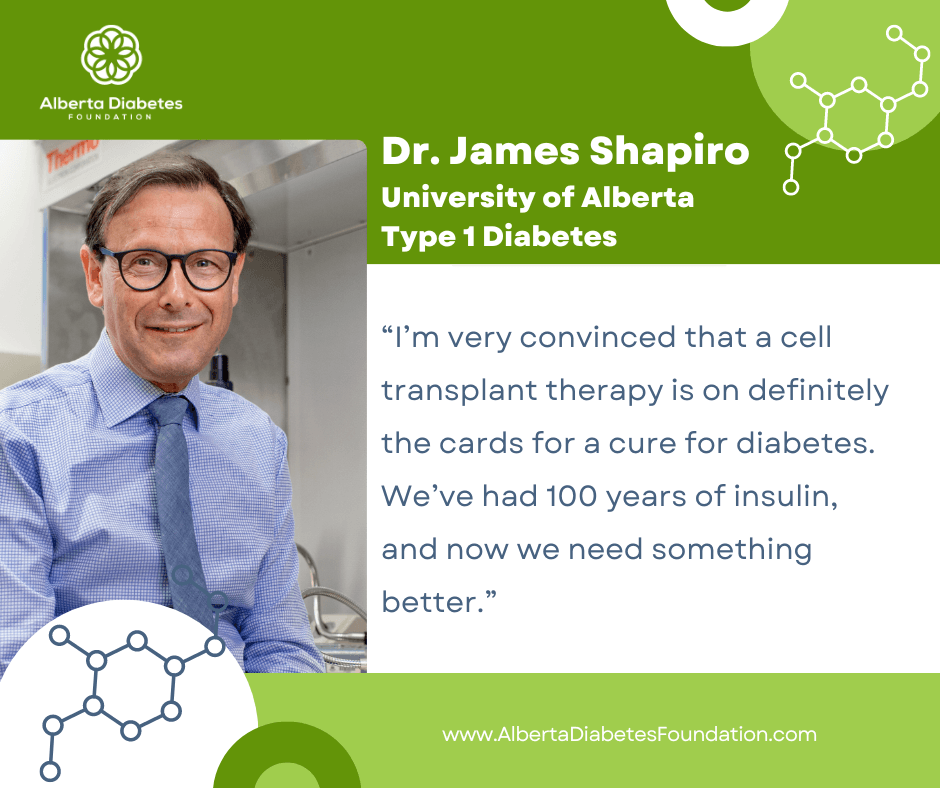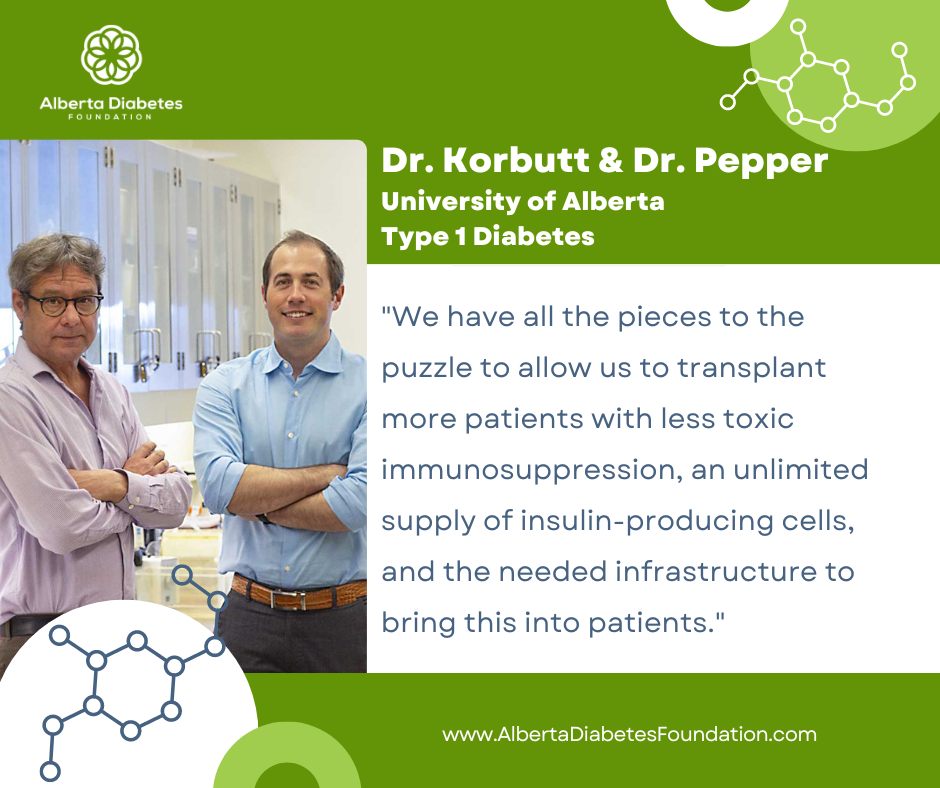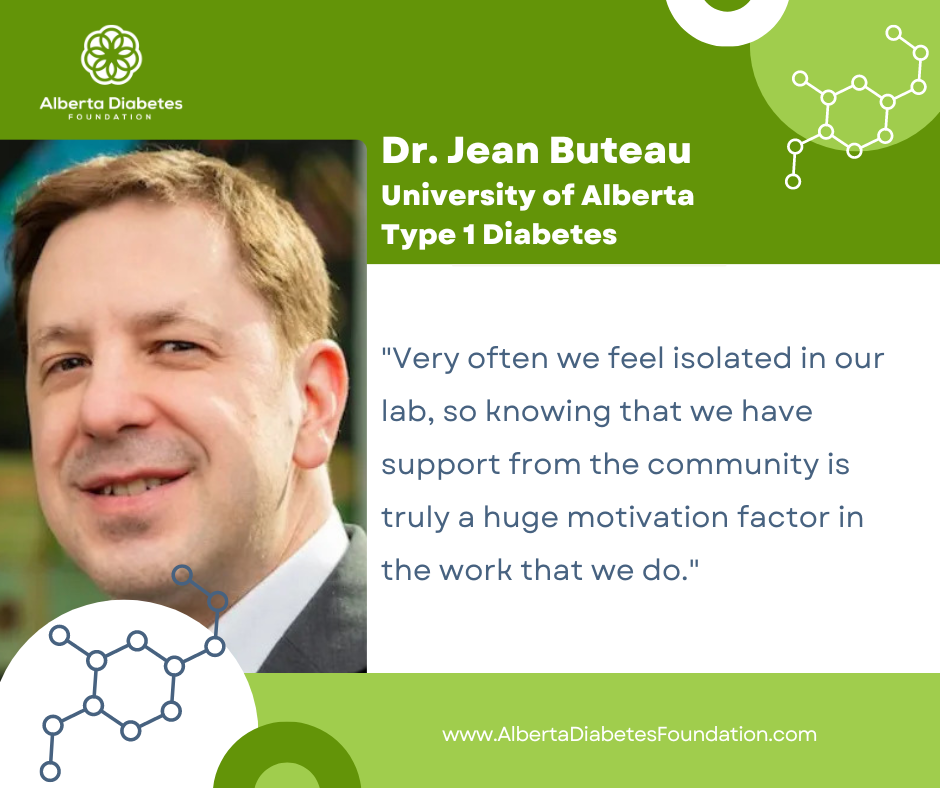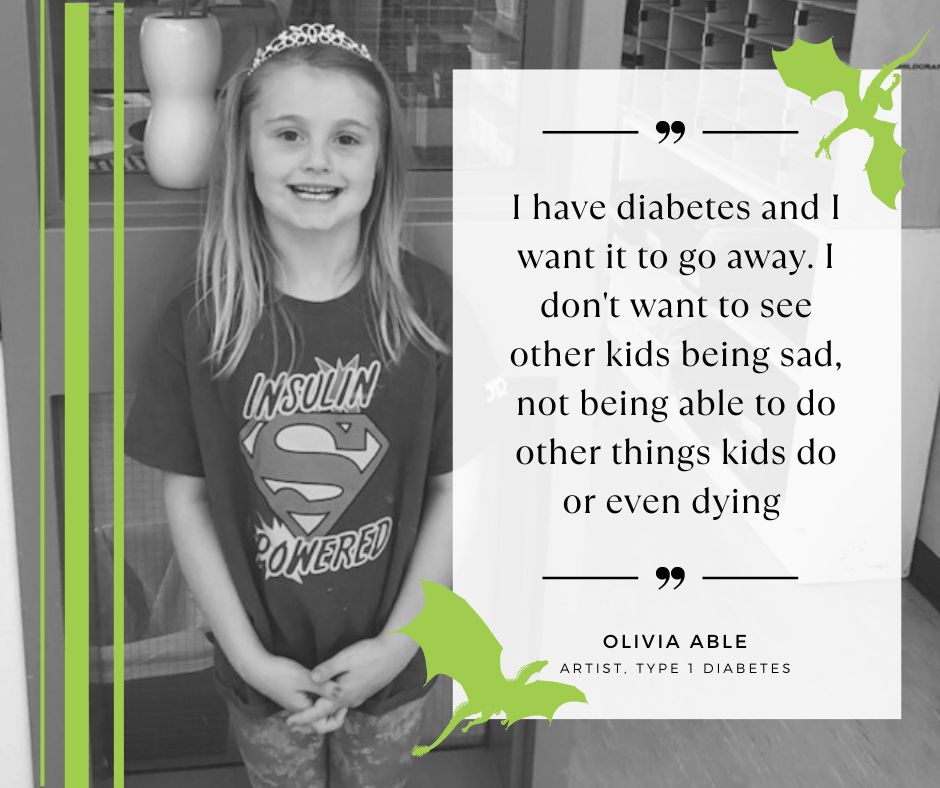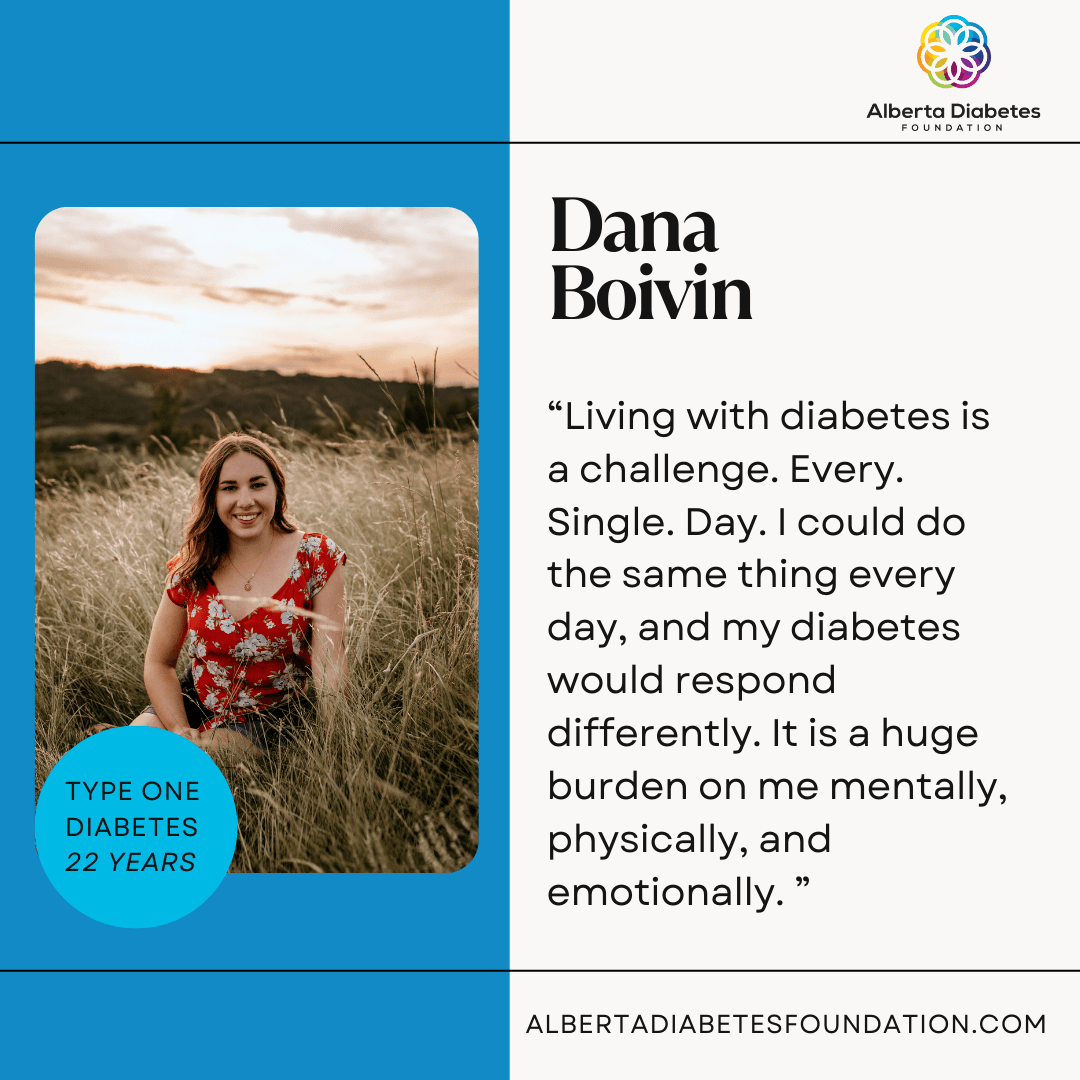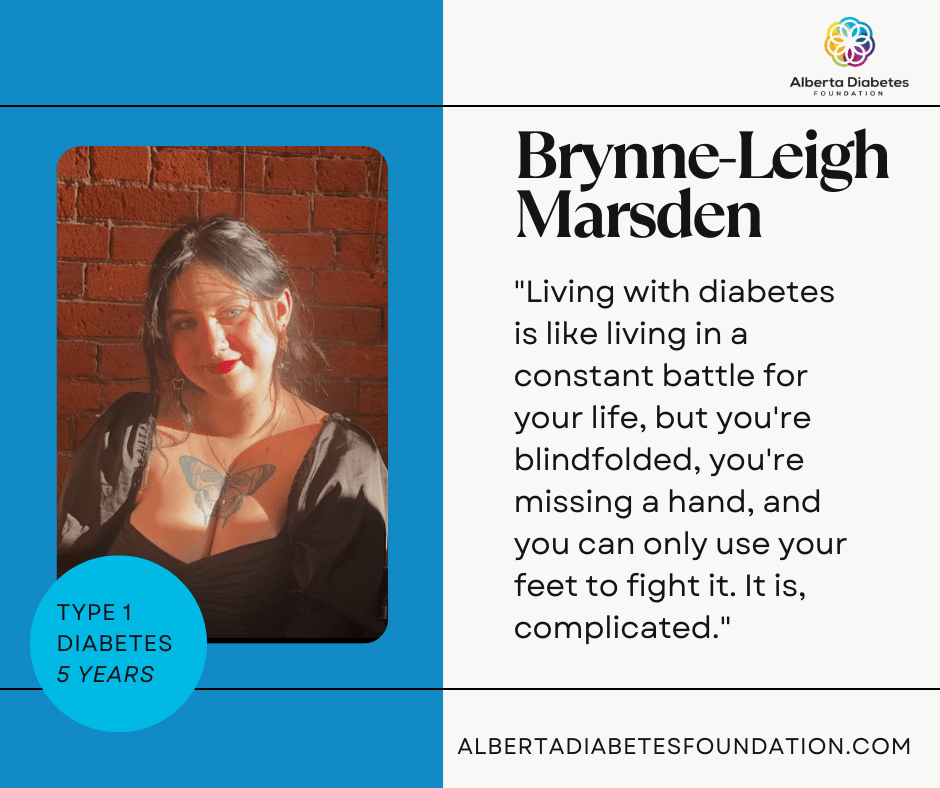Artificial Sweeteners: Can you have your cake and eat it too?
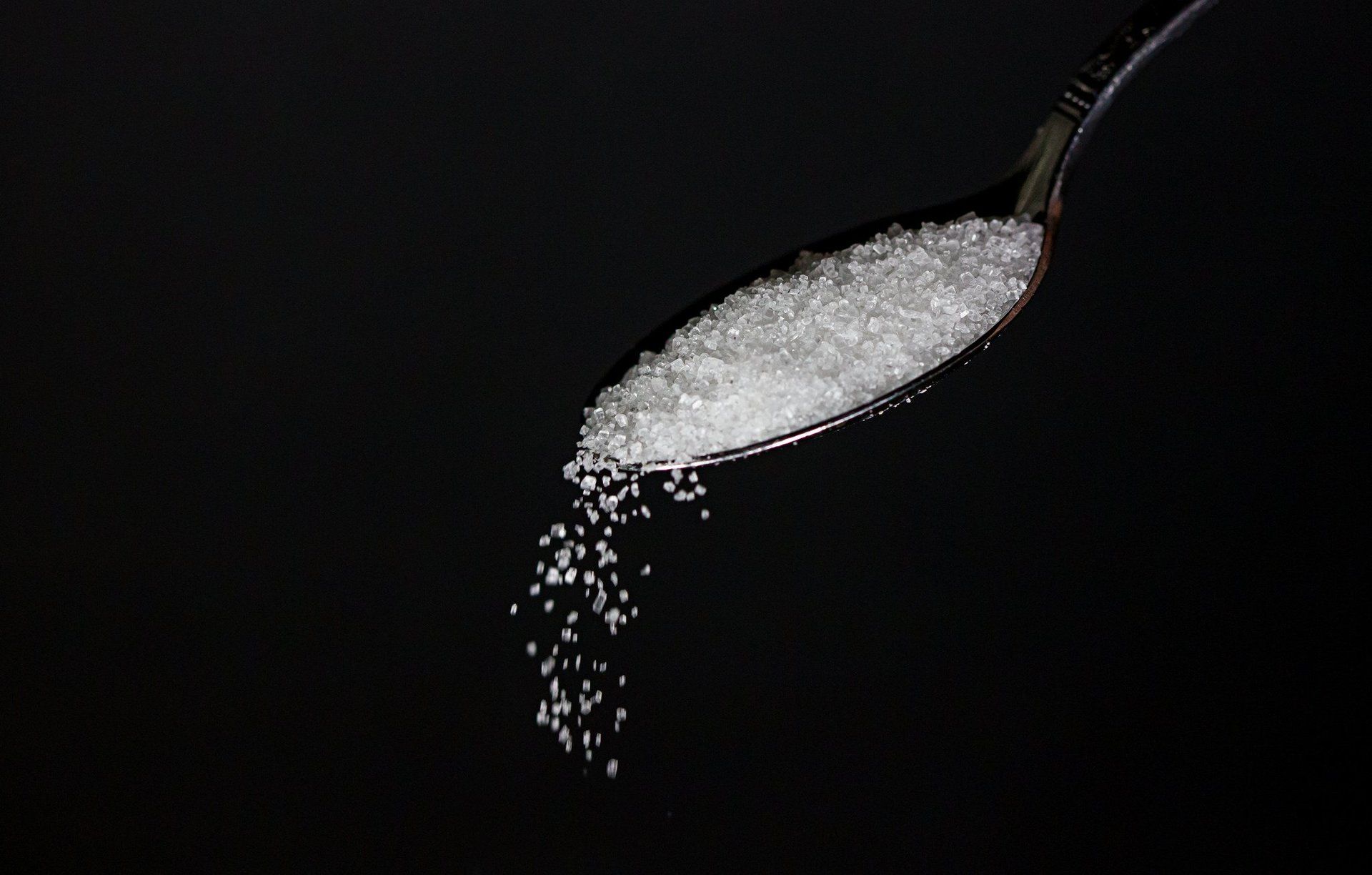
If you live with diabetes, or you have recently been diagnosed, you understand how much of a struggle food can be. This is especially true when it comes to keeping track of your carbohydrate intake. Blood glucose levels can spike if you consume too many carbohydrates or sources of glucose in high amounts in one sitting. That means pie, chocolate, and those beloved brownies are better left off your plate, which can be disheartening for those of us with a sweet tooth.
Is there any possible way I can have my cake and eat it too?
The common answer? Yes, thanks to sugar substitutes called artificial sweeteners. Artificial sweeteners are synthetic sugar substitutes, but may be derived from naturally occurring substances including herbs or sugar itself. Artificial sweeteners are also known as intense sweeteners because they are many times sweeter than regular sugar.
The FDA has approved artificial sweeteners as a sugar substitute in healthy individuals and those living with diabetes. With the stamp of approval, a variety of sweeteners are on grocery store shelves in the form of tablets, quick dissolve pills, liquid drops, and the most popular: single-use sugar packets. The most popular brands of artificial sweetener include Sweet ‘N Low, Splenda, and Sugar Twin.
Other sugar substitutes include sugar alcohol-based products. Sugar alcohols are a family of sweetening agents that naturally occur in small amounts in fruits and vegetables, but are mainly manufactured for large scale commercial use.
Here’s a list of some of the most popular sugar substitutes for diabetics.
Product Profile
| Brand Name |
Classification |
Ingredient List |
Ingredient Profiles |
Product Varieties |
| Artificial Sweetener |
For single use packets: saccharin |
Saccharin is a non-nutritive sweetener that is 200 to 700 times sweeter than sucrose and does not raise blood glucose levels. At high concentrations saccharin has a bitter or metallic taste. |
Single use packets, liquid drops, tablets, and kosher |
|
| Artificial Sweetener |
For single use packets: Sucralose, dextrose, and maltodextrin |
Sucralose is 600 times sweeter than sucrose. Dextrose and maltodextrin raise blood glucose levels. |
Liquid sweetener, granulated, brown sugar blend, single packets, etc. |
|
| Artificial Sweetener |
For single use packets: Dextrose, sodium, saccharin, and artificial flavour |
Sodium saccharin is the solid form of saccharin. The acceptable daily amount is 5 mg per kilogram of body mass as approved by the FDA. |
Single use packets, original granulated white |
|
| NOW Real Food Erythritol |
Sugar Alcohol |
Pure Erythritol Crystalline Powder |
Erythritol occurs naturally in fruits such as pears, melons and grapes. It is only 50% to 70% as sweet as sucrose. |
Granulated white |
| NOW Real Foods Xylitol |
Sugar Alcohol |
Xylitol and Silica |
Xylitol naturally occurs in fruit and vegetables. It has the same relative sweetness as sucrose (table sugar). |
Granulated white, single use packets |
Even though these products are thought of as generally safe for people who have diabetes, recent studies have indicated new health concerns surrounding artificial sweeteners.
The American Diabetes Foundation explains that artificial sweeteners may be a way to satisfy your sweet tooth and curb your cravings because most low-calorie sweeteners are much more intense than regular sugar, so you need only a small amount.
The case against artificial sweeteners comes from a variety of sources. The first concern arises from how artificial sweeteners affect the way you taste food. Artificial sweeteners are far sweetener than table sugar. This means that your sugar receptors are overstimulated if you frequently ingest artificial sweeteners, and you might be less likely to reach for those healthy, but not as sweet, fruits and vegetables.
If you're looking for a natural alternative to sweeteners, check out our post on Stevia.
Secondly, this study shows us that you’re at greater risk of type 2 diabetes by having a daily diet coke which uses artificial sweeteners. In fact, this study showed as much as a 67% greater risk of type 2 diabetes due to that pesky diet soda—so much for artificial sweeteners helping to prevent diabetes when they may actually be a contributing factor!
The final concern has to do with the balance of the microbiome in your gut. Microbiomes refer to the microorganisms living in a particular area—in this case, your digestive organs. Several recent health studies have focused on the microbiome, which may lead to new opportunities for diagnosis, prognosis, and treatment of a variety of human diseases! Research suggested that non-caloric artificial sweeteners create a glucose intolerance by altering the state of intestinal microbiota. The artificial sweeteners caused the bacteria to change their state, and these newly changed bacteria have been associated with type 2 diabetes.
The third and final concern is with the balance of the microbiome in your gut—how bacteria are impacted in your intestines. A study conducted by Dr. Eran Elinav suggested that non-caloric artificial sweeteners develop a glucose intolerance by altering the state of intestinal microbiota. Several of the bacteria that changed their state after ingesting non-caloric artificial sweeteners have been found to be associated with type 2 diabetes.
The Take(Cake)away
Although there may not be a consensus on the debate of artificial sweeteners, there are some precautions you can take if you use artificial sweeteners:
- Talk to
your physician or dietitian and establish a maximum daily consumption of
artificial sweeteners appropriate for you.
- Know that a minimal amount of sucrose—regular
table sugar—is okay to consume for the average individual. Diabetes Canada
recommends that no more than 10 per cent of your daily
caloric intake come from sugar.
- If frequent consumption of intensely sweet
artificial sweeteners does affect how palatable less intensely sweet foods are
to us, look for artificial sweeteners with a low or comparable relative sweetness
to sucrose (regular table sugar). For example, if sucralose is 600 times
sweeter than sucrose, and erythritol is only 50 to 70 times as sweet as
sucrose, choose the latter as a sugar substitute.
- Finally, if artificial sweeteners can negatively
impact the balance of your microbiome, it may be beneficial for you to take a
premium quality probiotic for your gut
(always
talk with your doctor or physician before adding any pill to your regimen).
Diabetes doesn’t mean a life without sweets! With our tips on artificial sweeteners, you can still have your cake and eat it too!
LET'S WORK TOGETHER TO FIND A CURE.
VISIT US
1-020 Li Ka Shing Centre
University of Alberta
Edmonton, AB, T6G 2E1
Office Hours
Monday-Friday 8:30-4:00
If you would like to set up an appointment at our office, please set up an appointment by contacting us at
info@abdiabetes.com



